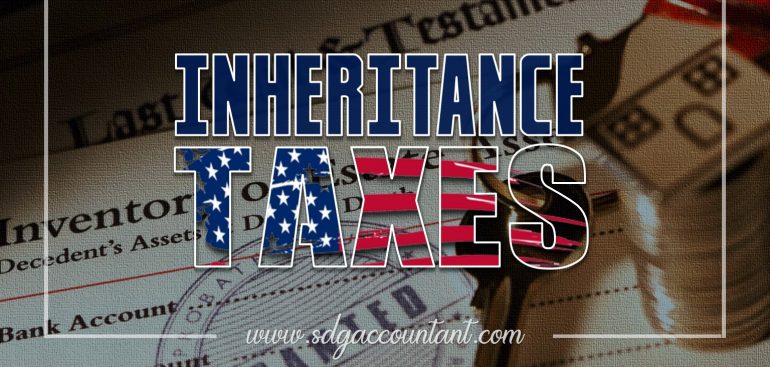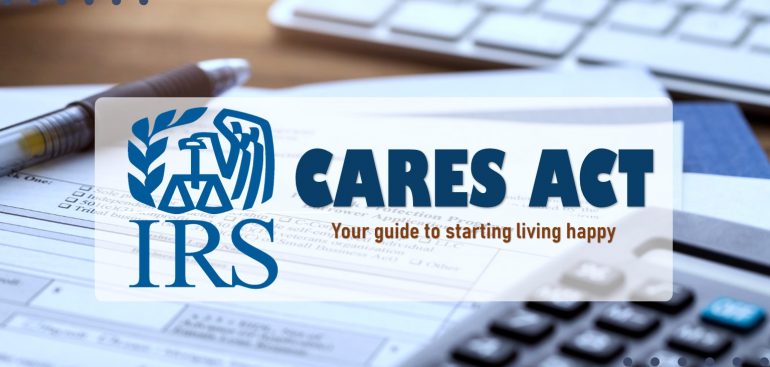Many individuals take retirement for granted; the idea of no longer being useful to the industry in which you worked for years is ridiculous to consider. That emotion is unavoidable. You’re forced to abandon a field that used to be your passion when you were younger. After you retire, you’ll need a source of money to keep you afloat. Even in your 70s, after working your entire life to secure your future, you should not be required to work. Your best option is an automatic source of income, which you can obtain if you begin working for it as soon as you begin your profession. Individual Retirement Accounts (IRAs) are the best option for your financial future. In every manner, it’s correct. Many Americans begin saving in Individual Retirement Accounts (IRAs) as soon as they begin their careers since it is the most advantageous option. Traditional IRAs and Roth IRAs are the two most popular IRAs in the United States.
The Employee Retirement Income Security Act (ERISA) of 1974 established the Traditional IRA. On the other side, Sen. William Roth introduced the Roth IRA 23 years later, in 1997. The sponsors’ name was then added to the IRA. We’ll go through all the important distinctions so you can figure out which IRA is best for you.
Tax Breaks:
Traditional IRAs and Roth IRAs both offer the same tax breaks, but they do not allow individuals to pick when they can claim their payments. Let’s start with the traditional IRA. The traditional IRA reduces your taxable income by collecting tax before making a payment to you. Traditional IRA contributions are taxable on both the state and federal levels for the tax year in which they are made. The money you get when you retire, as well as any withdrawals, are all taxed at your marginal tax rate. All of this lowers your Adjusted Gross Income (AGI), making you eligible for various tax benefits such as the child tax credit.
Moving on to Roth IRAs, they deduct taxes from your contributions at the time of contribution, thus your AGI for that year will not be reduced. This strategy has the advantage of not requiring you to pay any taxes when you withdraw your money in retirement. Because you paid the tax when you made the contributions, your future will be tax-free.
To put it another way, with a traditional IRA, you pay taxes when you withdraw money at retirement, whereas with a Roth IRA, you pay taxes when you make contributions, so your withdrawals are tax-free.
Income Limits:
There are also income limits for both retirement accounts; you will be able to choose your retirement account based on your income. However, this is merely a restriction for one account; anyone with an earned income of any amount can contribute to a traditional IRA. Different tax rates may apply.
Roth IRAs, on the other hand, have income eligibility requirements. In 2020, singles must have a MAGI of less than $139,000, with payments phasing off at $124,000. Married couples must have modified AGIs of less than $206,000 to contribute to a Roth, and contributions begin to phase down at $196,000.
In 2021, singles must have a MAGI of less than $140,000, with contributions phasing off at $125,000. Married couples must have adjusted AGIs of less than $208,000 to contribute to a Roth, and contributions begin to phase out at $198,000.
IRAs Withdrawal Rules:

Another significant distinction between a regular IRA and a Roth IRA is that the contributors’ withdrawal criteria are different. Traditional IRAs require Required Minimum Distributions (RMDs), which are taxable withdrawals of a percentage of your savings that must be taken by the age of 72, even if you don’t need the money. The IRS provides a worksheet on their website to assist contributors in determining their annual RMD. The estimate is based on your age and the amount of money you have.
Roth IRAs, on the other hand, do not force you to take any RMDs and do not even compel you to withdraw your money at any point throughout your life. It is not necessary or essential to take any money out because there is no tax at the time of withdrawal.
There are numerous more important distinctions between traditional and Roth IRAs; to learn more about which account is right for you, call your Miami Tax Accountant now. Excellent guidance at a minimal cost.




